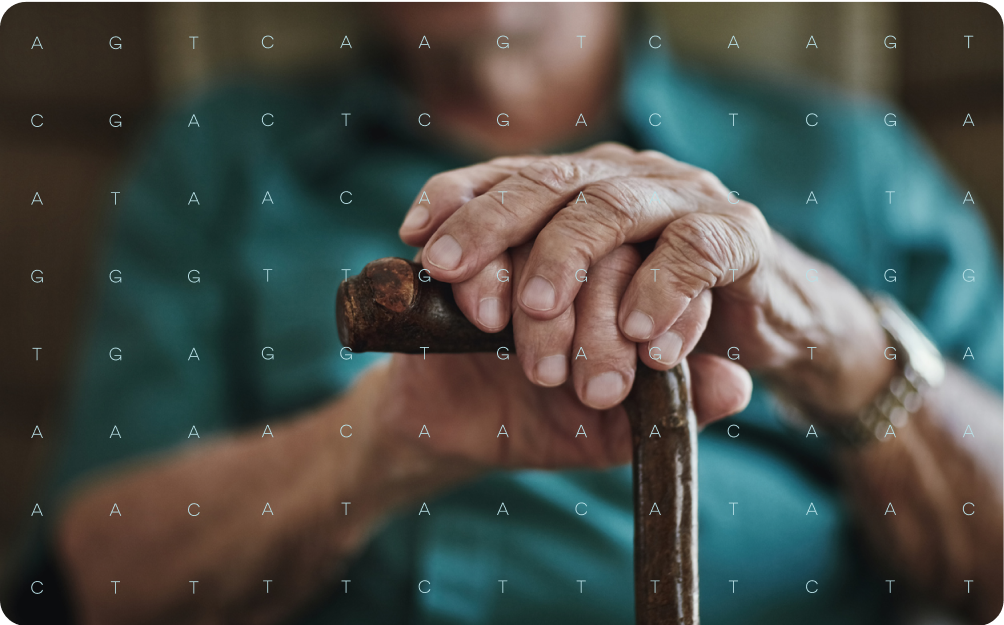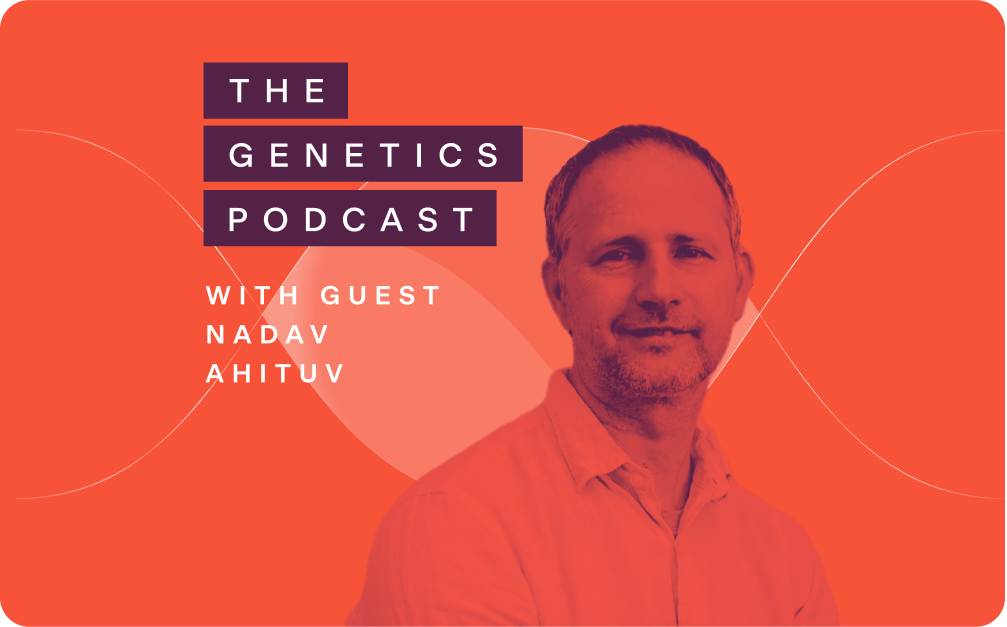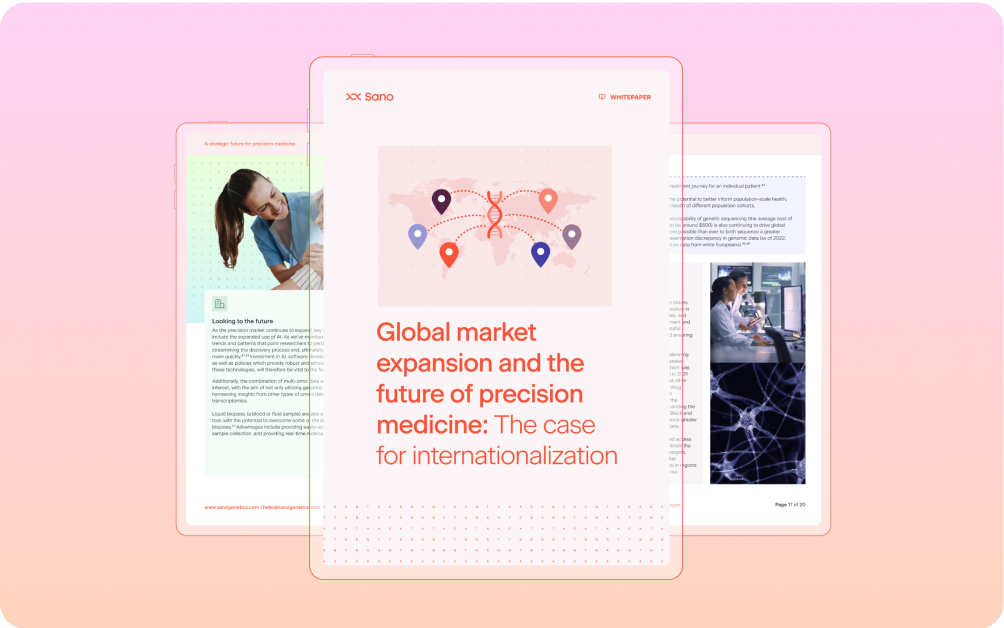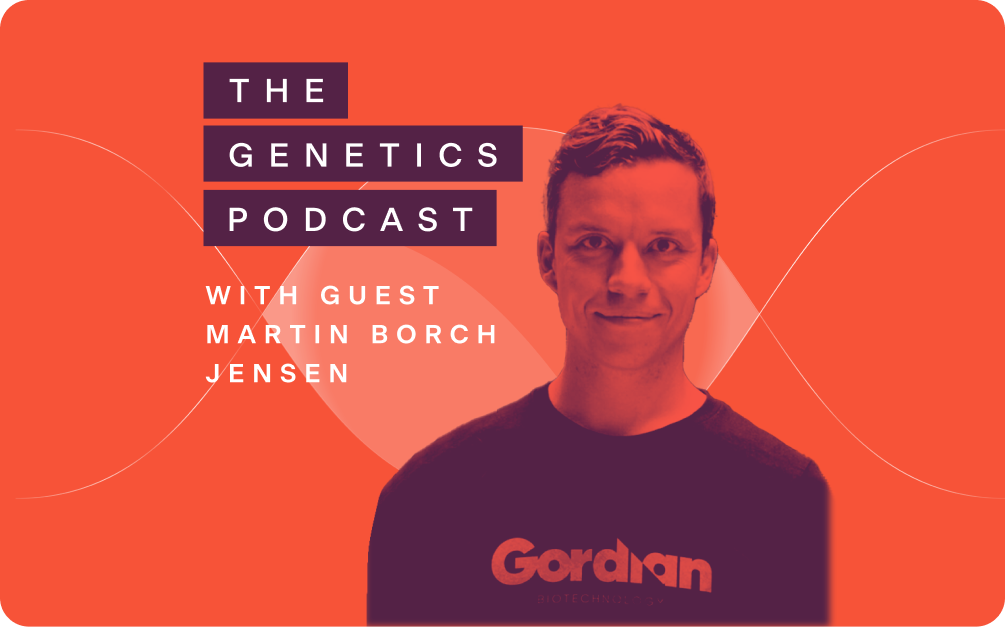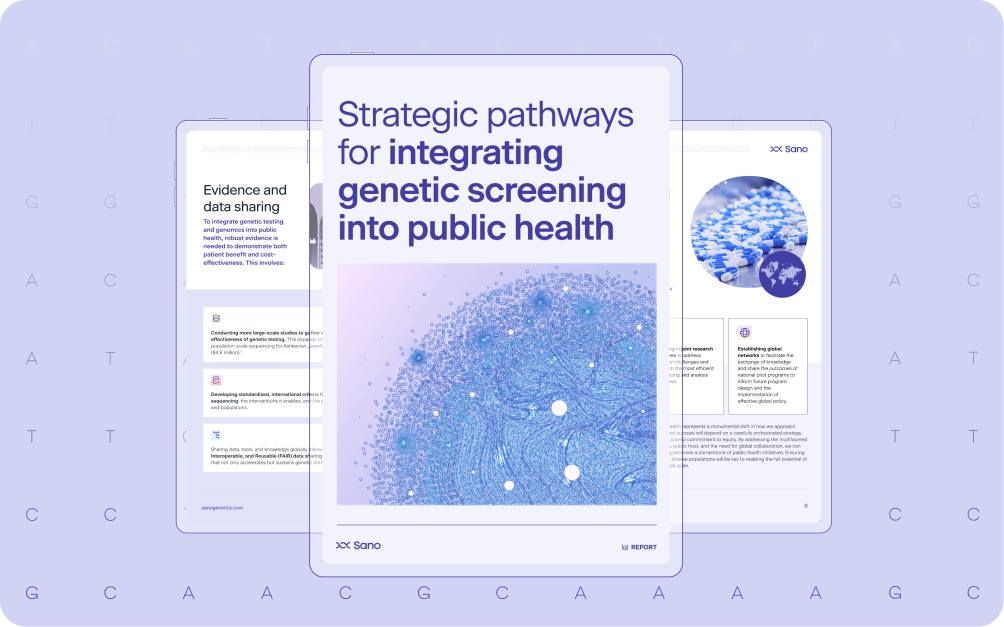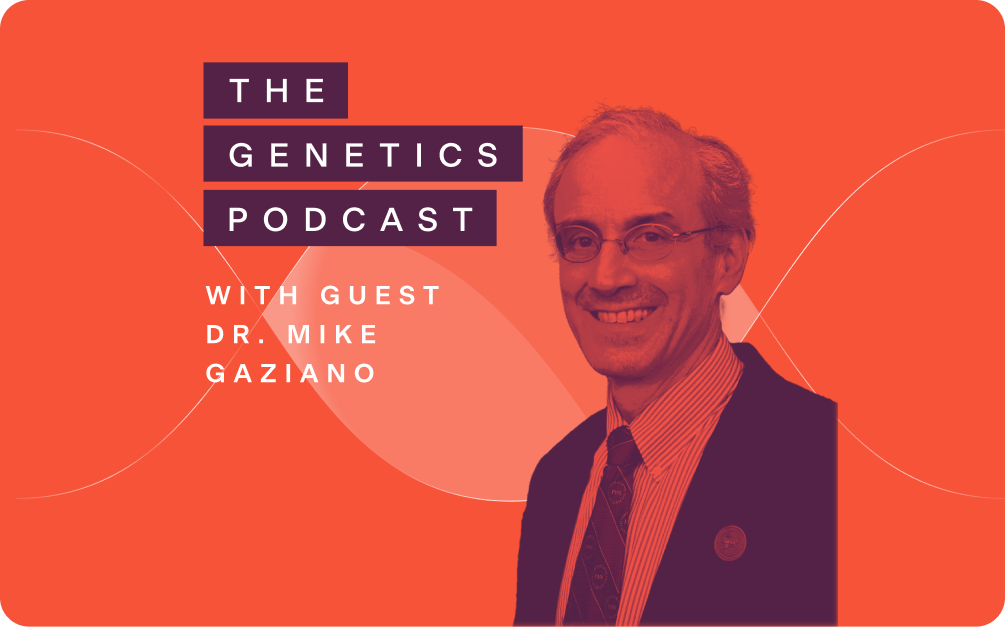Clinical research blog
Explore our blog for insights into the big questions in precision medicine and clinical research.
As the global population ages, understanding the genetic, biological, social, and environmental factors influencing longevity has become a key area of research. Advances in genetics are helping researchers unravel how our genes interact with lifestyle and environmental factors to influence not only how long we live but also how healthily we age. Here, we examine genetic research areas that could shape the future of aging and longevity.
In the latest episode of The Genetics Podcast, host Patrick Short welcomes Nadav Ahituv, Director of the Institute for Human Genetics at the University of California San Francisco (UCSF). Together, they discuss the complex world of gene regulation, covering everything from non-coding DNA to advances in genetic technologies. Nadav shares his research on how gene regulatory elements influence human evolution, disease, and diversity, as well as the cutting-edge methods his lab is using to explore these elements.
Breakthrough technologies and data innovation are driving cost reductions and increasing return on investment in precision medicine, fueling accelerated international market growth. With the sector poised for rapid expansion—the market is projected to reach $50.2 billion by 2028—innovators must adopt a global mindset to tackle the challenges of managing and processing data at an unprecedented scale. Addressing the shortage of trained specialists and confronting emerging ethical challenges will also be critical to unlocking the full potential of the precision medicine market and delivering for patients.
In this episode of The Genetics Podcast, host Patrick Short sits down with Marco Quarta, Co-founder and CEO of Rubedo Life Sciences, to discuss the biology of aging and the innovative work his company is doing to address age-related diseases. They discuss cellular senescence (a biological process where cells stop dividing but remain alive), the challenges of understanding aging at the molecular level, and Rubedo’s unique approach to developing therapeutics targeting aging cells.
Longevity – length of life – is influenced by a complex interplay of genetic, environmental, and epigenetic factors. As the global population ages, understanding the determinants of longevity has become a central focus in the fields of genetics and precision medicine. We’ve recently been having some very interesting discussions around aging on The Genetics Podcast – so here, we explore the key genetic and epigenetic factors that contribute to human lifespan and highlight their potential impact on health outcomes as we age.
In this episode of The Genetics Podcast, host Patrick Short talks with Martin Borch Jensen, Co-founder and Chief Scientific Officer at Gordian Biotechnology, about his journey into the biology of aging and the innovative approaches his company is using to tackle age-related diseases. They discuss the science behind aging, intermittent fasting, and Gordian's cutting-edge tools for drug development.
Genetic screening is poised to significantly enhance public health by improving the way we detect, prevent, and manage diseases. However, successfully integrating genetic screening into public health systems requires strategic planning across several key areas. Our report, "Strategic pathways for integrating genetic screening into public health," outlines the essential steps needed, focusing on infrastructure development, policy, and international collaboration.
In the latest episode of The Genetics Podcast, host Patrick Short welcomes Dr. Tony Cox, CEO of the UK Biocentre, to discuss his 20 years of experience at the Wellcome Sanger Institute. Dr. Cox also shares his journey from joining the UK Biocentre at the onset of the COVID-19 pandemic to leading one of the UK's Lighthouse Labs, a role for which he was awarded an Officer of the Order of the British Empire (OBE).
Genetic sequencing has significantly advanced our ability to detect individuals at increased risk of developing specific conditions and to identify diseases in their earliest stages. Predictive genetic testing can reveal susceptibilities to conditions like cancer, while diagnostic testing enables the detection of diseases before symptoms arise. These tools offer the potential for more personalized and effective healthcare. However, with these advancements come important considerations around accessibility, ethics, and practical implementation. This blog will explore how genetic testing is shaping the future of early disease detection and the essential need for equitable access to these critical technologies.
In the latest episode of The Genetics Podcast, host and Sano CEO Patrick Short explores population genomics and precision medicine with Dr. Mike Gaziano. Dr. Gaziano is a Professor of Medicine at Harvard, working at VA Boston and Brigham and Women's Hospital. He is one of the two principal investigators of the Million Veterans Program (MVP), the largest health system-based mega biobank in the world.

